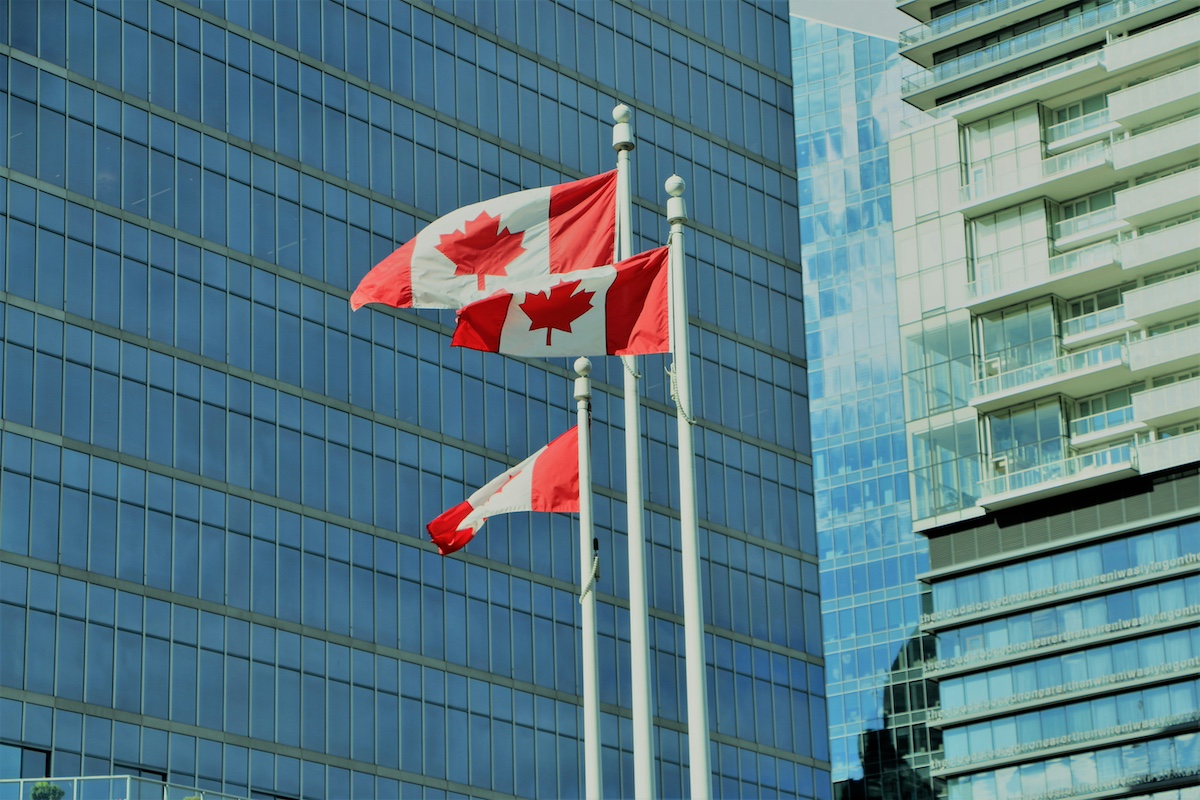An Analysis of Ontario’s Regulated Entertainment Market and Its Implications for Quebec

Ontario’s move to create a regulated online entertainment market in 2022 marked a substantial step in Canadian digital policy. The shift set a new precedent that is now being closely analysed by neighbouring provinces, including Quebec. For Quebec, with its unique approach to public enterprise, the Ontario model provides a valuable case study for the future of digital leisure. What follows is a look at what that all means.
The central idea behind Ontario’s model was to pull online entertainment providers under a strict regulatory umbrella, ensuring consumer protection and market integrity. This framework mandates that operators adhere to rigorous standards for responsible gaming, data privacy and fair play, with a clear goal of moving people away from unregulated grey-market platforms. Operating within this new environment is a big deal, as it requires a serious commitment to compliance. As an example, an iGO-licensed online casino in Ontario operates under direct government oversight to guarantee its games are fair, its money-stuff is secure and its advertising isn’t shady. That level of regulatory scrutiny is meant to build public trust and establish a safe place for adults to pursue their digital leisure activities. The province’s approach is about control and oversight, not simply banning something people want to do.
The Regulatory Imperative: A Shift Towards Consumer Protection
The decision to regulate was driven by a need to protect consumers from the risks associated with a completely unregulated market. You know, before the new rules, Ontarians were playing on thousands of platforms that had no local oversight and no legal obligation to guarantee player safety. The new regulations give power back to the consumer. How? They ensure operators implement clear and effective responsible gaming tools, such as spending limits, time-outs and self-exclusion programs. The focus shifted from just allowing the activity to actively managing it. This move aligns with a broader global trend towards legalisation and regulation, which a lot of governments have found to be a more effective way of managing consumer behavior and collecting revenue than just trying to ban a popular activity.
Economic and Social Impacts: A Look at the Early Returns
While it’s still early days, the initial economic and social impacts of Ontario’s regulated market are beginning to take shape. On the money side of things, the new framework has created a competitive marketplace that is bringing in global operators and generating fresh tax revenue for the province. The move has also led to job creation in areas like technology, marketing and compliance. For its part, the Ontario government has said their main goal is not revenue, but rather consumer protection, and all proceeds are to be used for the good of Ontarians. Socially, the regulated environment has allowed for the implementation of province-wide responsible gaming campaigns and better-funded support services. It provides a centralised system where consumers know they can turn for help, and where operators are held accountable for their actions. This stands in stark contrast to the way things were before, where a person’s ability to get help was often limited or non-existent.
Lessons for Quebec: Examining a Potential Framework
For Quebec, which has its own long-standing public corporation managing gambling and lotteries, the Ontario model is particularly interesting. The question here isn’t whether online entertainment should exist; it’s about how to manage it. Quebec could draw valuable lessons from its neighbour’s approach to opening up the market. The Ontario framework shows that a regulated market can successfully get consumer activity into a safer place. Any potential future model for Quebec would likely need to look at a balanced approach that keeps public oversight while allowing for private market competition to drive innovation and consumer value. Such a system could offer residents a wider array of choices while making sure responsible gaming remains a top priority. The regulatory process could also provide a formal structure for tax revenue, which could then be reinvested into local public services.
For a detailed look at the regulatory standards that these platforms must adhere to, you can review the official iGaming Ontario website, which outlines their strict consumer protection and compliance requirements.
What Will Quebec’s Next Move Be?
At the end of the day, the future of online entertainment in Quebec will be decided by its own unique cultural and political landscape. However, as the digital world becomes more integrated into our lives, the debate over how to regulate it will continue. The Ontario model gives a clear example of a province taking a forward step to ensure its residents have access to a safe and secure digital environment. As a society, we are constantly adapting to new technologies. By looking at how our neighbours are handling this new market, Quebec is in a good position to make a smart decision that benefits its residents and aligns with its public policy goals.
